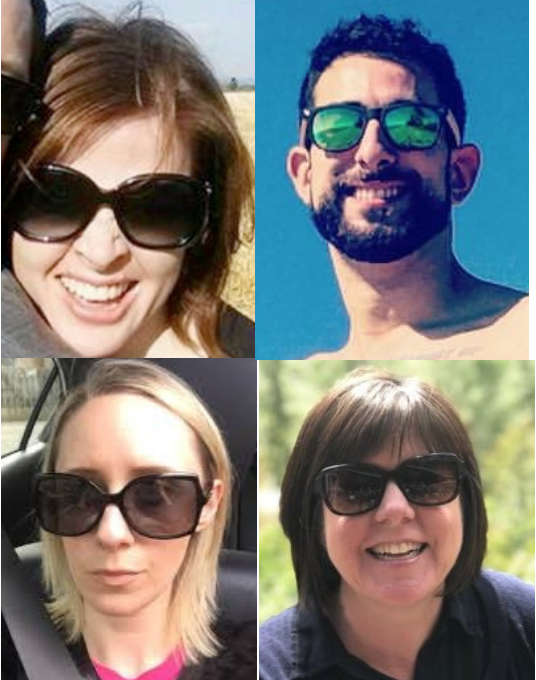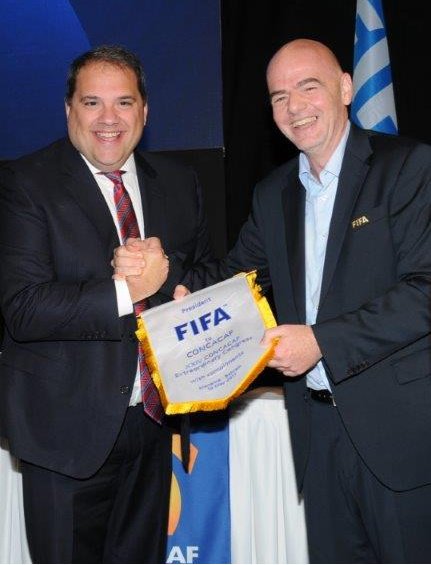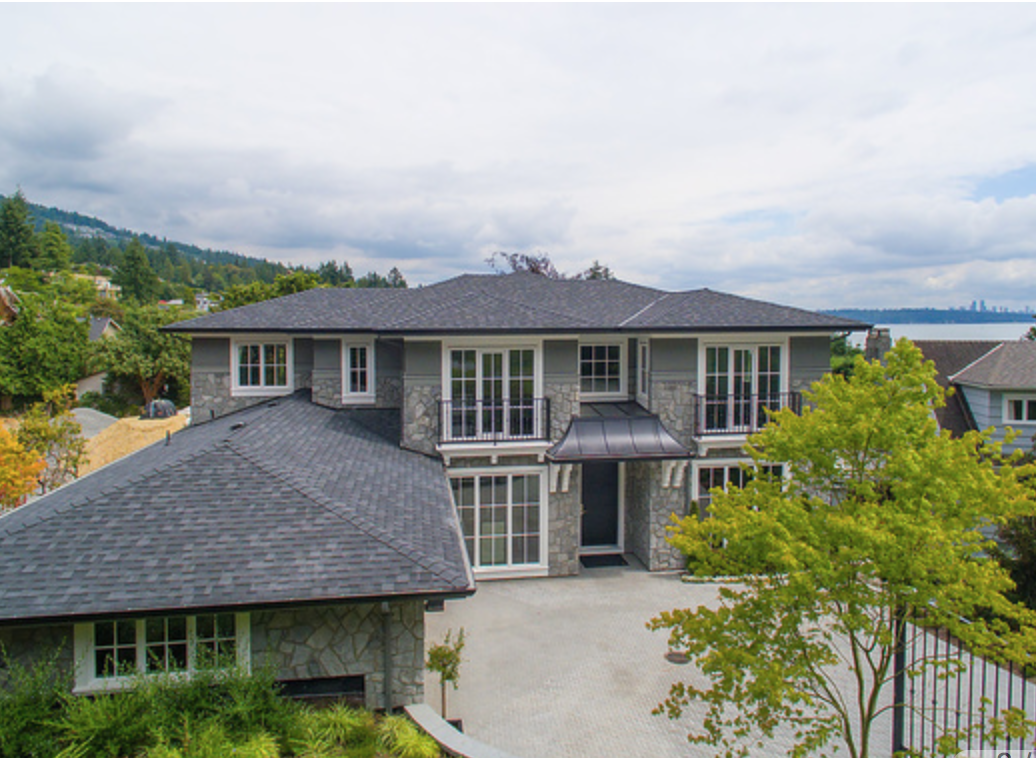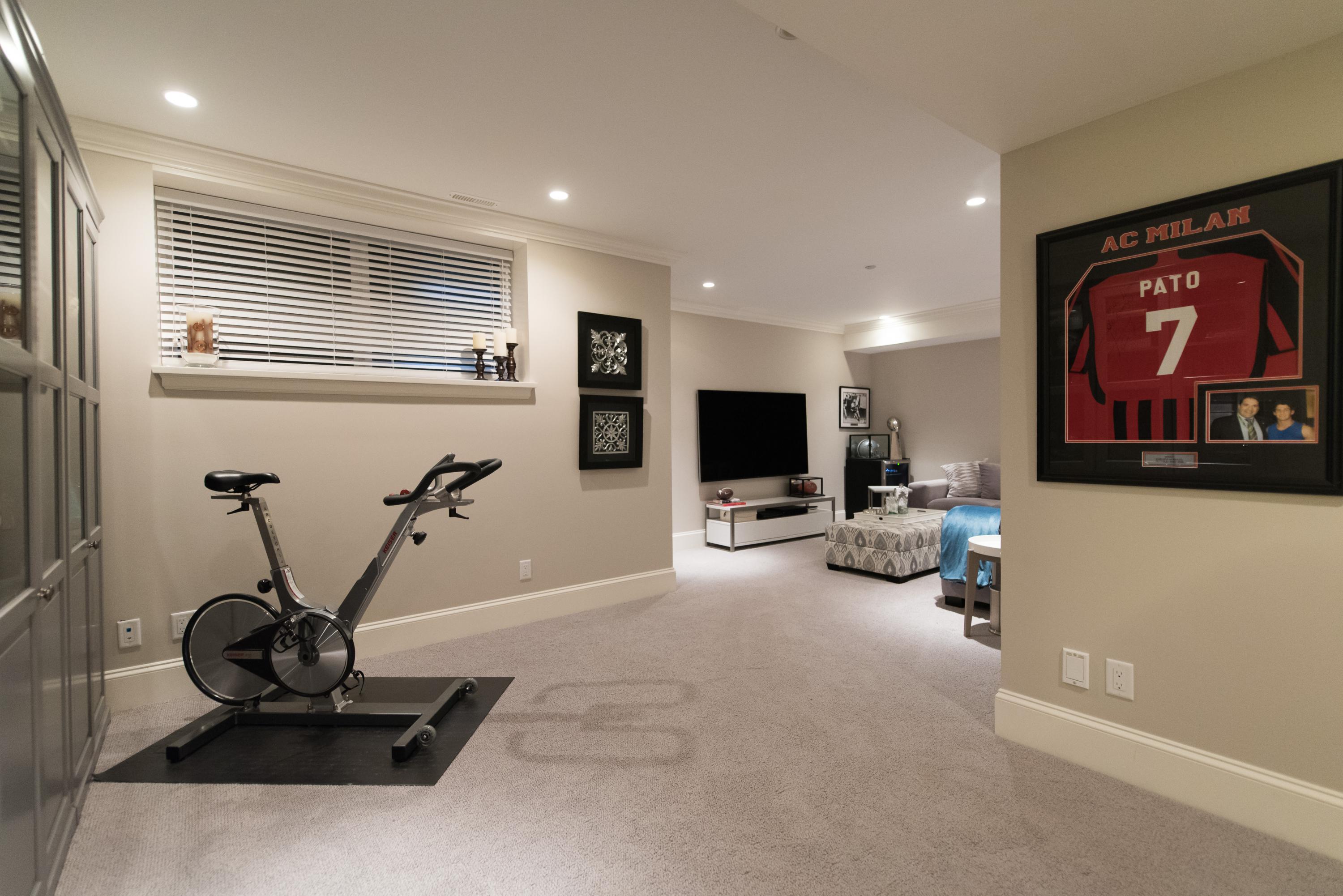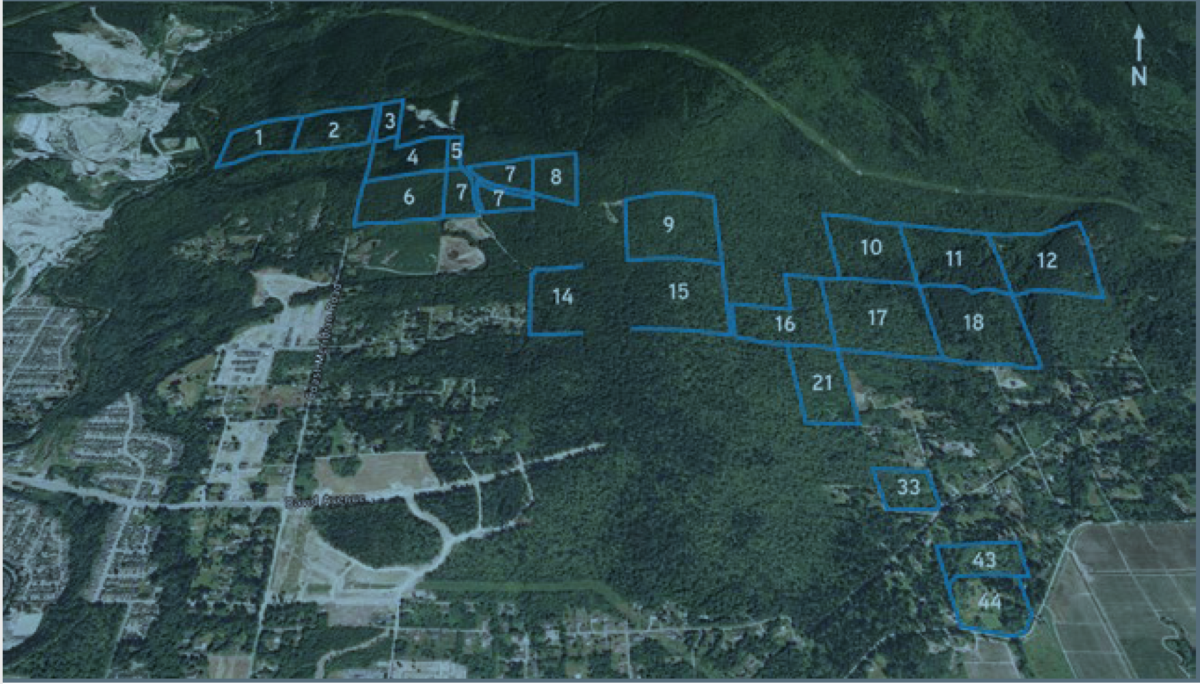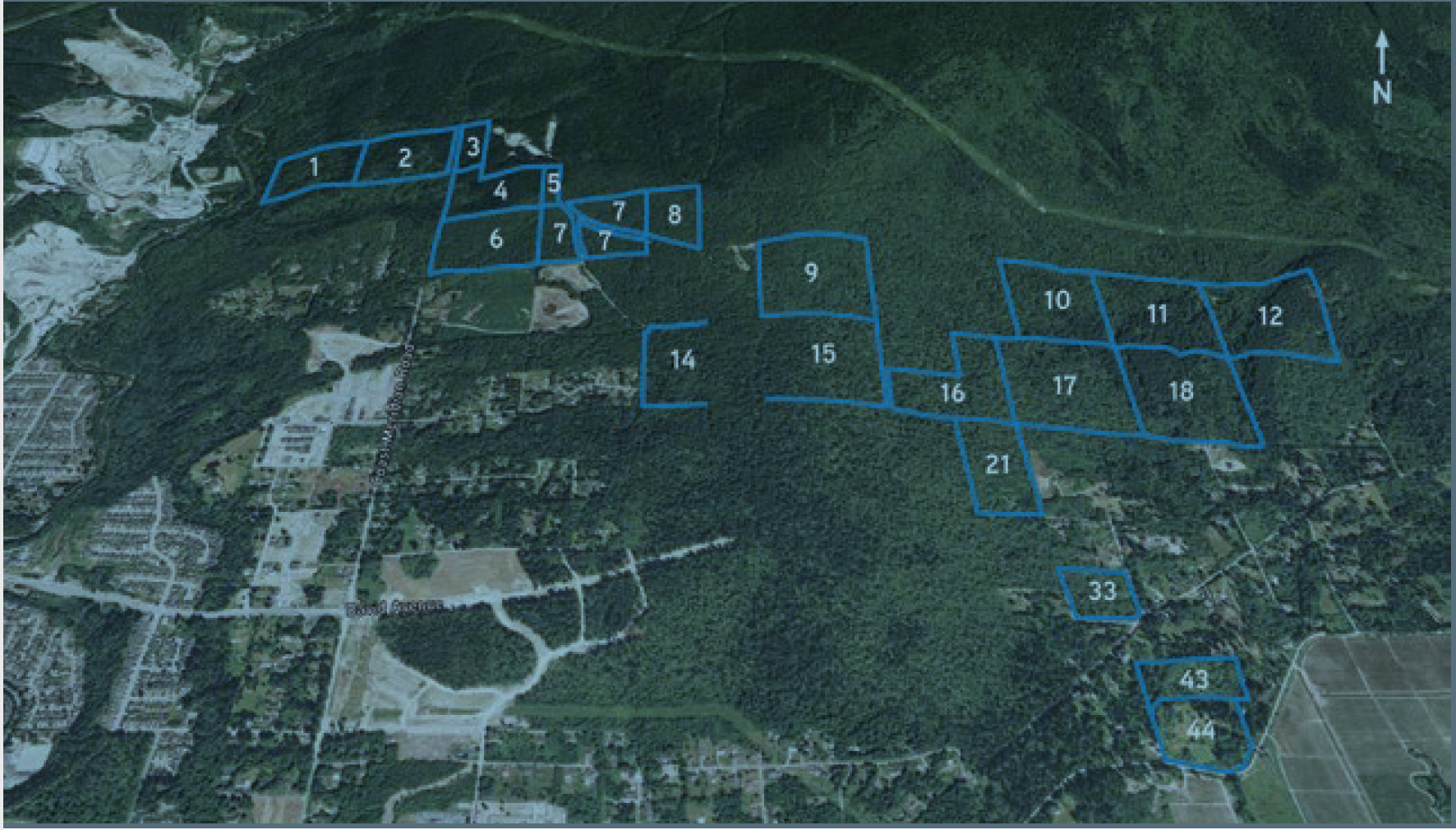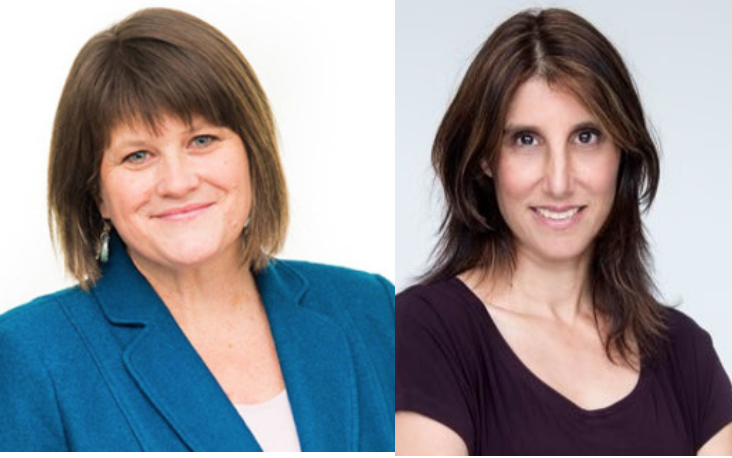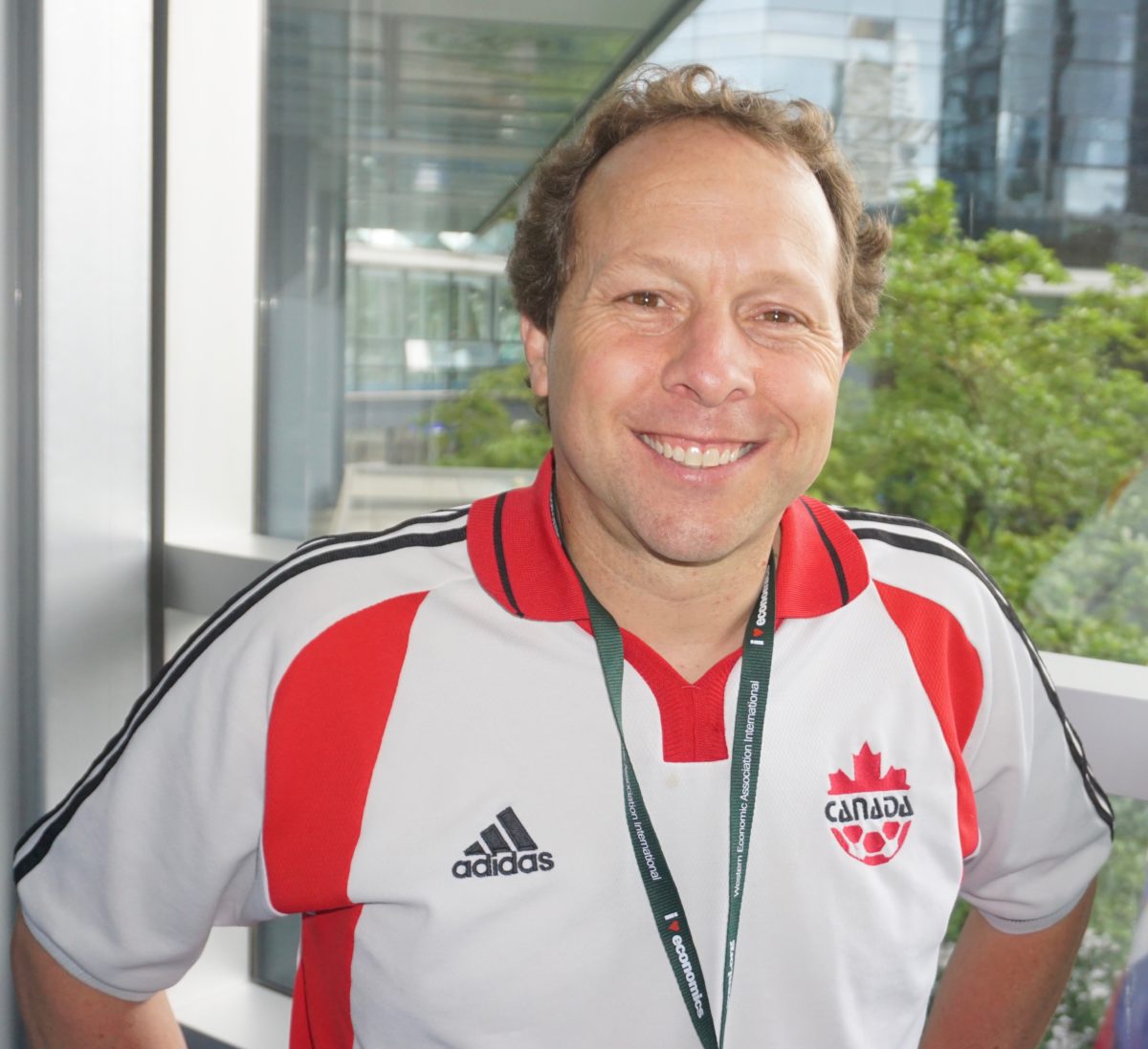Exclusive: Is the NDP highways minister playing blacktop politics on Quadra Island?
Bob Mackin
The road outside a Quadra Island house owned by the NDP minister of transportation and infrastructure is getting a fresh coat of blacktop next month.
Claire Trevena’s ministry published an invitation to tender for 32.6 lane kilometres of asphalt resurfacing, on Heriot Bay Road between West Road and Animal Farm Road. West Road leads to the terminal for the Quadra Island to Cortes Island ferry. Deadline for bids is July 24.
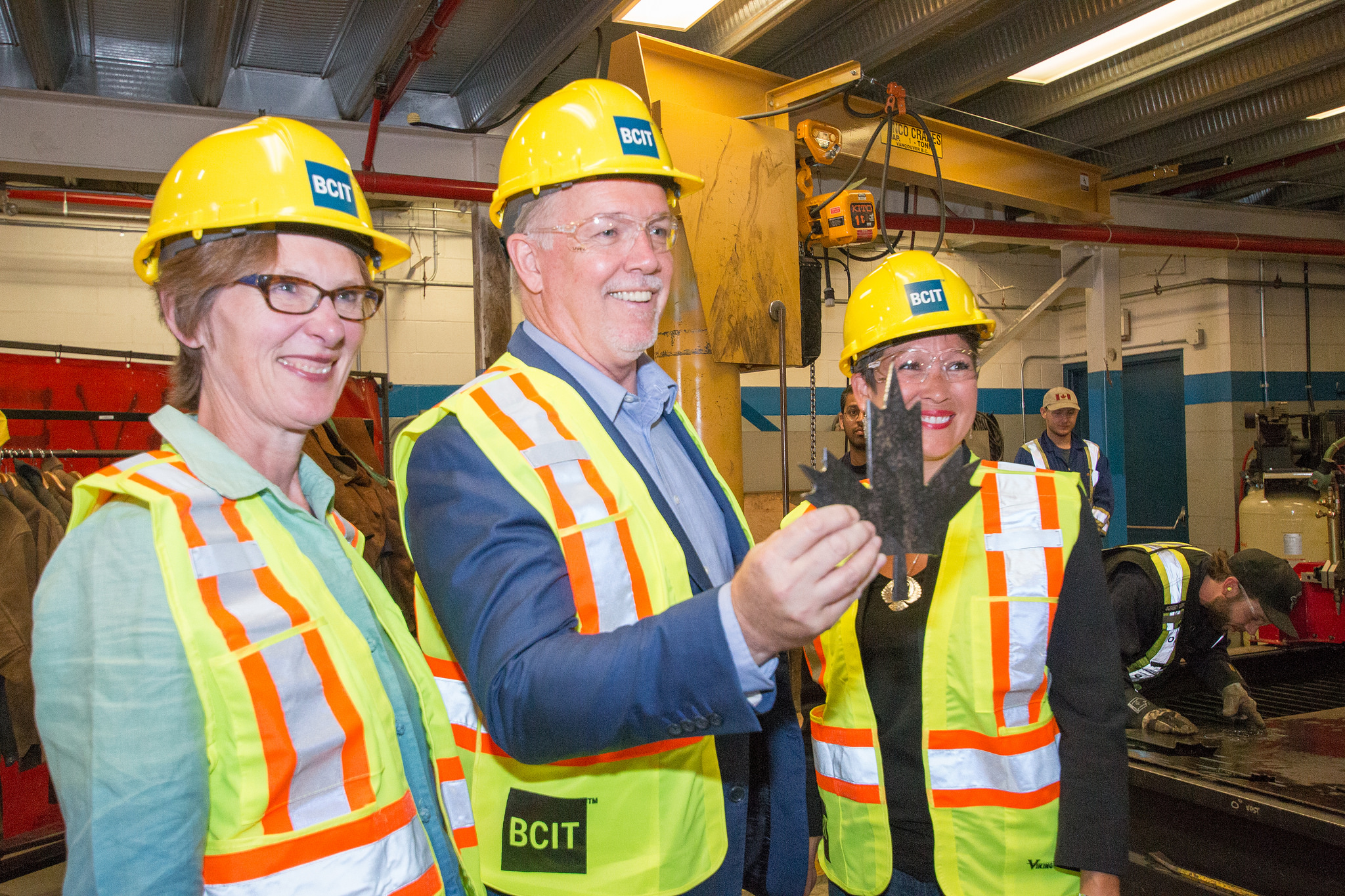
Quadra Island’s transportation minister Claire Trevena (left) with Premier John Horgan and Melanie Mark (BC Gov)
The tender document also includes pulverizing and seal coating on Cape Mudge Road, Cedar Drive, Spruce Place, Alder Place, Arbutus Road, Hope Spring Road and Thompson Road.
Third-term North Island NDP MLA Trevena’s public disclosure statement, filed last November, indicates that her assets include Quadra Island and Victoria residential properties. It shows the address for an investment property on Heriot Bay Road. The nearly half-acre property near Drew Harbour was assessed at $296,000 in 2017 and contains a four-bedroom, one-bathroom house.
Trevena did not respond to theBreaker’s request for an interview.
The upgrades to the road that Trevena plies to and from the ferry dock on Quadra Island are small potatoes compared to some of B.C.’s biggest transportation projects, like the Social Credit Party’s Coquihalla Highway, NDP’s Millennium Line and Island Highway, the BC Liberals’ Port Mann Bridge and South Fraser Perimeter Road and the NDP’s decision to end tolls on the Port Mann, cancel the Massey Tunnel replacement and build a new Pattullo Bridge. Decisions about those major projects were strategically skewed to government-held ridings and swing ridings.
But Dermod Travis of IntegrityBC said that a minister in 2018 should want to be above suspicion when it comes to what is and what is not getting paved in the province.
“I would hope the ministry of transportation has, in fact, created a list of priorities of road paving projects across the province based on need, rather than the party holding the seat or the minister’s direction. Because it is a fundamental issue that goes to public safety as the priority,” Travis said.
Quadra Island has a year-round population of approximately 2,700 and is a 10-minute ferry ride from Campbell River. Trevena has won more than 11,000 votes in each election since 2009, but fell below 50% support in 2017.
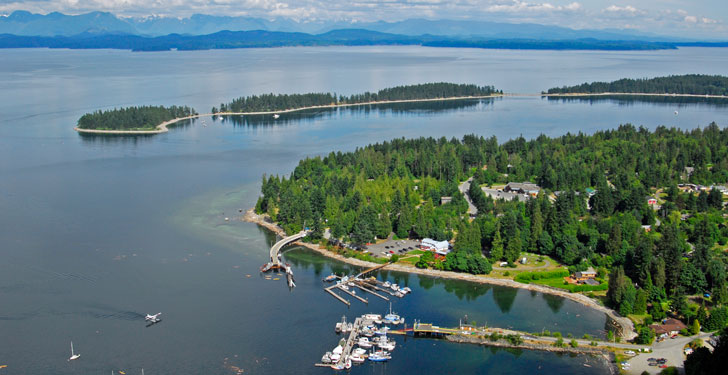
Quadra Island’s Heriot Bay (QuadraIsland.com)
In a July 2017 Vancouver Sun interview, the former BBC and CBC journalist was asked about her position on so-called blacktop politics.
“My view on construction and road construction is making sure that we have a safe highway system that works for everyone in the province. There are vast areas of the province that need a lot of work,” Trevena said. “I think that infrastructure should not be political. I think it is the fabric of our province, it’s what keeps our province together.”
Trevena’s representatives sent a prepared statement, saying that the project was approved in early June for safety and to extend the life of the road.
“The project includes crack sealing and seal coating approximately 24.5 km of asphalt along Hope Springs Road, Thompson Road, Heriot Bay Road, Cape Mudge Road, Sutil Road, Cedar Drive, Alder Road, Arbutus Road and Spruce Place,” said the statement. “Crews will also overlay approximately 7.6 km of pavement along Heriot Bay Road. Ministry staff have had ongoing discussions about the project with local stakeholders and residents.”
Support theBreaker.news for as low as $2 a month on Patreon. Find out how. Click here.
Bob Mackin The road outside a Quadra Island






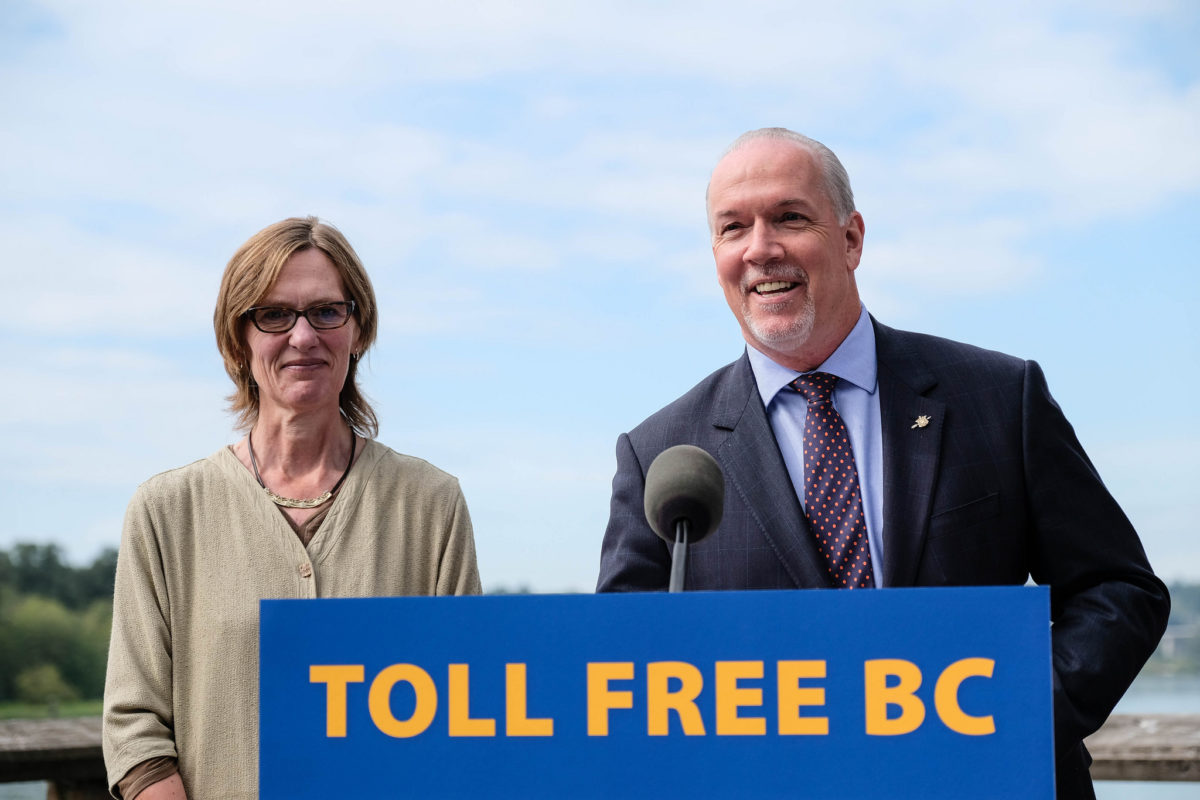

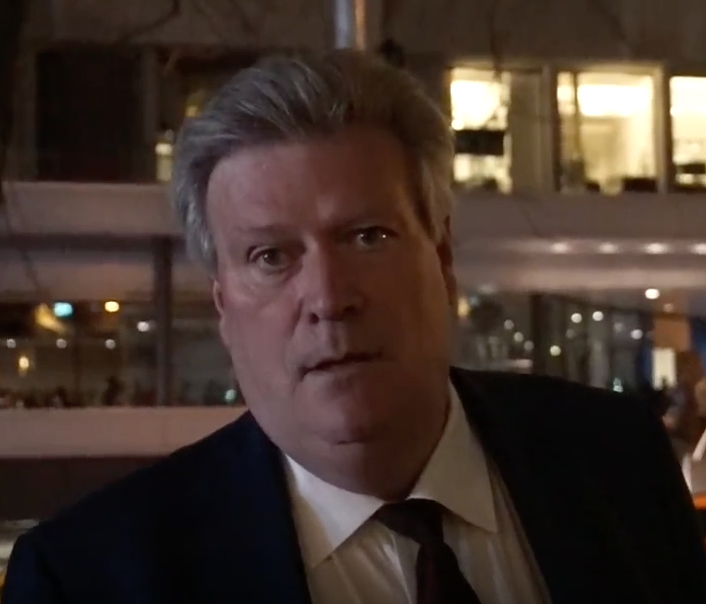
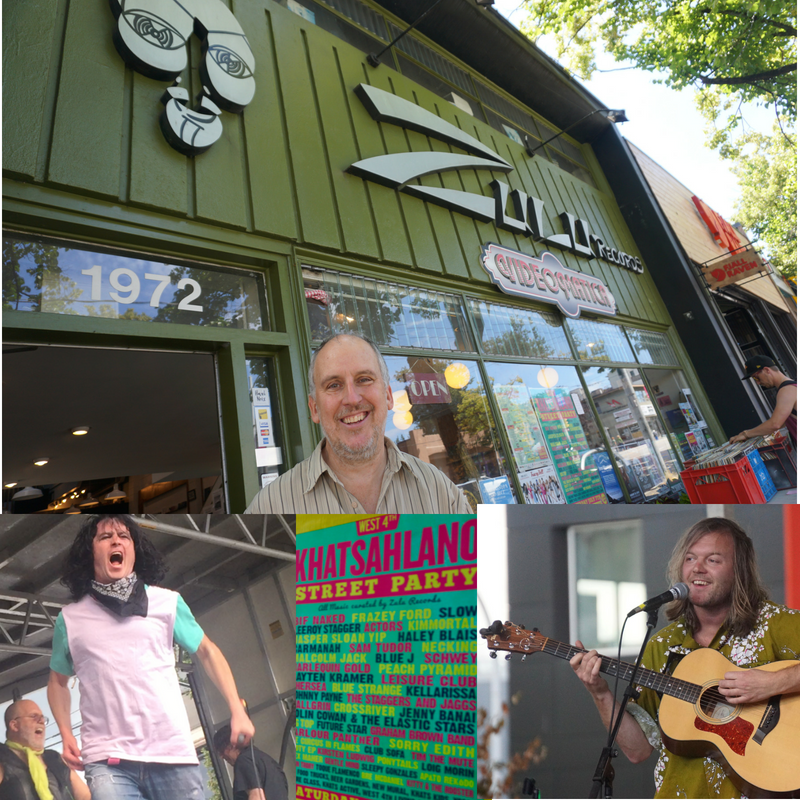

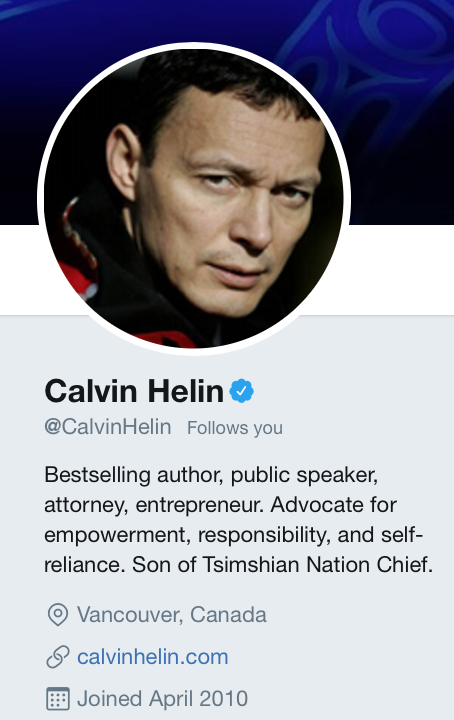
 Asked if he had ever bought followers, to reach the 1.7 million level last year, Helin said no.
Asked if he had ever bought followers, to reach the 1.7 million level last year, Helin said no. 